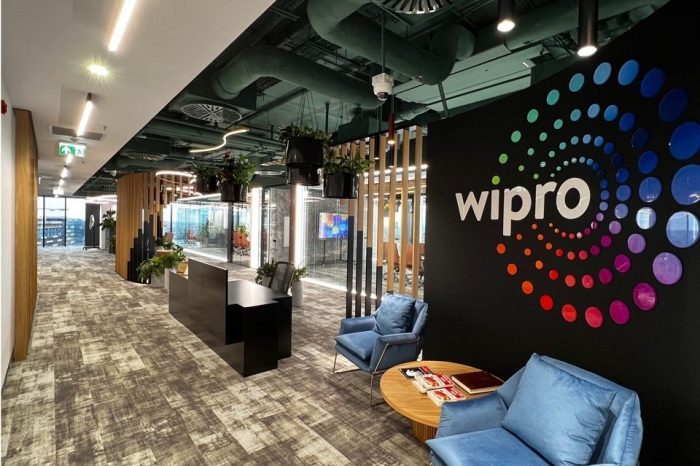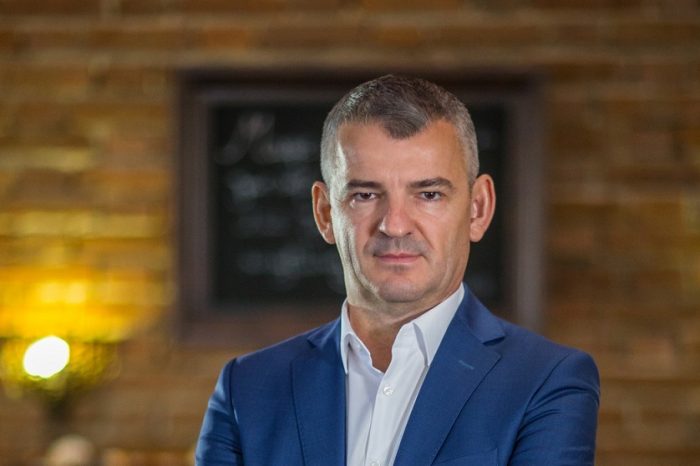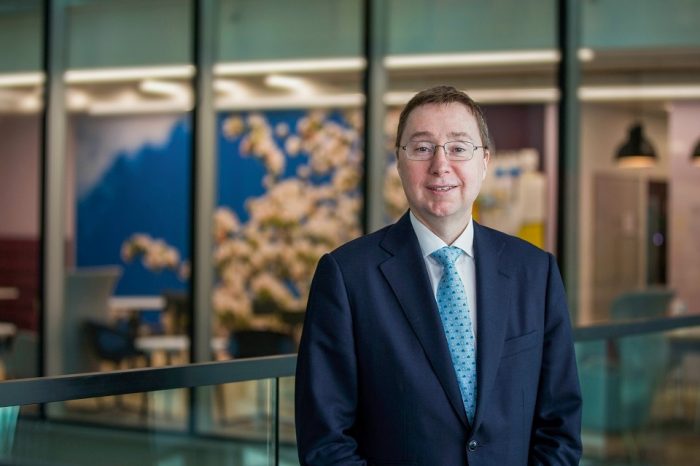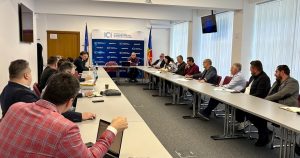Ciprian Dan, President of ABSL and Location Head Timisoara, Wipro Technologies: Globally, companies are rethinking their cost structure and rebuilding their outsourcing strategies
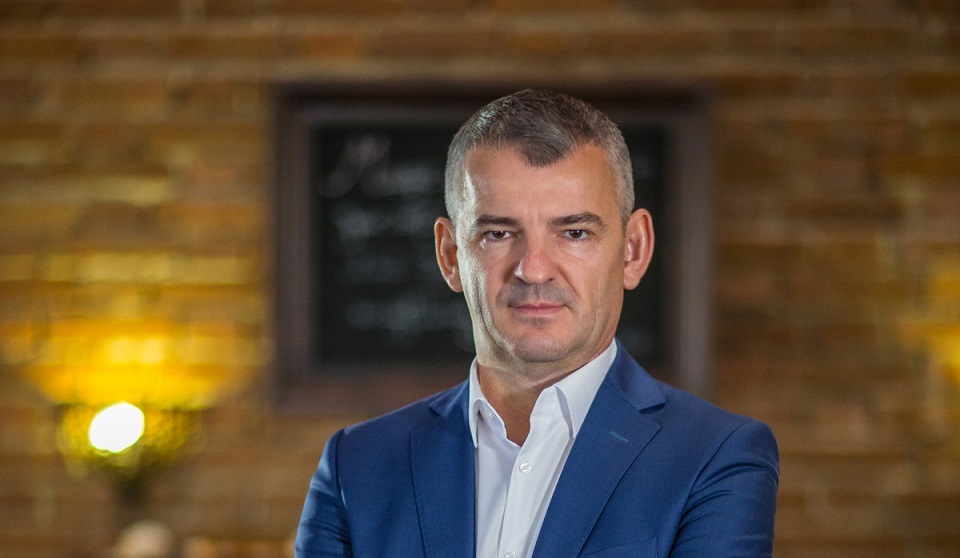
The evolution of the local business services industry in the post-COVID era
Building a sustainable business future in a disrupted post-COVID world is the theme of the online event, organized by ABSL (Association of Business Services Leaders Romania) for the business community in Timisoara. From September 28 to October 1, a series of specialists in various fields, from recruitment and legal advice to psychologists and office developers, debate the future of the business services industry from the perspective of leadership, organizational culture in the context of telework and development potential.
Timisoara is one of the most attractive cities in the business services industry, along with Bucharest, Cluj and Iasi. Unlike other industry centers, in Timisoara most companies in the industry are SSC (shared services center), i.e. centers that deal with certain activities of the company for a large geographical area or globally. Services provided include IT support, procurement, HR (Administration, Reporting and Payroll) and Finance – Accounting. Bosch, Deutsche Telekom Linde, are some of the companies that have opened shared services centers in Timisoara.
The Timisoara business services industry employs over 11,000 employees (under 4% of the number of employees in the county) and has one of the lowest departure rates.
The most recent study of the industry in EMEA shows that this year the industry will register a slight increase of 1 – 5%, following that in the medium term to register increases of up to 10 or even 15%, a situation also valid for the Romanian business services industry.
Compared to Poland and other Eastern European countries, Romania currently has advantages related to the labor force. We have the competitive advantage of cost, employees speak the Romance languages, but also German language, the market is not yet as saturated as in Poland. These are the reasons why investors in the industry look at the Romanian market.
“ One of the main objectives of ABSL is to promote cities like Timisoara. Globally, companies are rethinking their cost structure and rebuilding their outsourcing strategies, and our speed of reaction, ability to adapt to new conditions (given by COVID-19) and the fact that we have continued to deliver services at a high quality level , unlike other areas, puts us in the top of relocation options. In order to attract more investments, as happened in Poland, it is also necessary a close collaboration with the central and local authorities, which will ensure the necessary facilities”, says Ciprian Dan, President of ABSL and Location Head Timișoara at Wipro Technologies.
The business service industry was among the first sectors to implement the necessary measures for employee safety.
The business services industry is perhaps best prepared for teleworking. Working from home for one or two days a week has been one of the most attractive benefits for employees in recent years, before the Covid-19 pandemic, which further facilitated this transition to a permanent “work from home” in this period.
From a legal point of view, it is observed that the policy on the flexibility of labor relations has evolved towards a long-term analysis. Thus, companies in the industry have made decisions to postpone the return to office space until at least the period Q1-Q2 2021, by implementing work at home for most employees, but also maintaining a balanced work relationship between teleworking and office work in the post-pandemic era.
“ Thinking of long-term work policies related to office attendance vs. work at home, thinking of general action policies in case of a pandemic or in case of any situations that require the limitation of office activities, the particularization of job offers that will be addressed to future employees, by regulating the activities performed from the office / telework / work at home, the measures applied by the employer to protect the health of employees are the most important legal aspects that companies are now looking at”, says lawyer Cătălin Micu , Partner – Zamfirescu Racoți Vasile & Partners.
The limitations imposed by the presence of the headquarters in a certain city, is eliminated by hiring professionals to work “full remote” (from home all the time). Thus, the specialists in the province are no longer limited to a certain geographical area, the chances of working in a multinational company being much higher at present, and this trend will be maintained in the next period.
“The strategic decisions of companies in the field of services to expand support centers in smaller cities, eliminated the challenge of candidates to find a job only in a large city such as Bucharest, Cluj or Timisoara, which already shows a trend alignment at the national level in terms of the qualities and skills of the workforce in smaller cities, and implicitly their development. The roles in the area of Customer and Financial Services remain the most sought after, along with language skills developed in another foreign language – in addition to English. Also, due to the new work environments, the most demanded skills on the market are the digital, technical and managerial ones”, explains Georgiana Grama, Recruitment Team Leader in Business Services – Hays Recruitment.
After the pandemic, the physical office space will remain a place of interaction and collaboration, a differentiator used in retaining and attracting talent. Combining work from home and physical office space, companies will put the most important resource first: employees.
“There will be a series of measures that companies will take in the future, for office space. All buildings should have a courier room, where they can leave all packages without direct contact with the people in the building. A special room where a person potentially infected with COVID-19 can be isolated until the arrival of specialized staff is another measure. The receptions of the buildings should be provided with a larger space, allowing the organization of separate entrance and exit colors. Touchless systems should be implemented wherever possible, both in access to buildings or car parks and in lifts, toilets or stairwells. The owners of the buildings should invest in the most modern air conditioning and air filtration systems”, says Marius Scuta, Head of Office Department & Tenant Representation – JLL Romania.
The workplace will be transformed into a space for creativity, socialization and collaboration, being the most important objective that the COVID post office can achieve.
“Adaptation to the new normalcy has already begun, and the biggest test was working remotely. Although the world has adapted quite easily to these conditions, the long-term solution is not sustainable. Therefore, the role of the offices, of interacting with the team, of maintaining the organizational culture, of carrying out activities that cannot be performed from home, will be more important than ever. Of course, digitization, reinventing workspaces, rethinking the way they are used, will be essential. “Flexibility” will be the key word for future office buildings. And our approach, through which we put the experience offered to users in the center of the projects, will help us, as before, to develop more than some buildings, to offer experiences and to create communities. For us, safety has always been a priority and is even more important now, when people need to be and feel safe”, says Anne Marie Diaconu, Leasing and Asset Management Director, Skanska Property Romania.
“ The future of open spaces must be inspiring, efficient and safe, as well as supporting a range of positions for the employees (sit / stand / lounge). These spaces should provide easy access or proximity to power sockets, respectively collaboration tools, to facilitate the generation of ideas and connection with remote colleagues.
But we must not forget the individual experience at the office, in which employees can control their level of privacy.
Last but not least, workspaces created with architecture and fixed furniture need to become more fluid. Nobody knows what’s next – another wave, a natural disaster. Organizations need spaces that can be easily and quickly adjusted by employees”, says Ilinca Popescu, Regional Sales Manager Central Europe – Steelcase.
According to estimates, the national business services industry generated revenues of over 4.5 billion euros last year, reaching over 2% of GDP.
The sector includes 280 companies and over 131,000 employees, i.e. 2.4% of the total employees in the Romanian economy.



